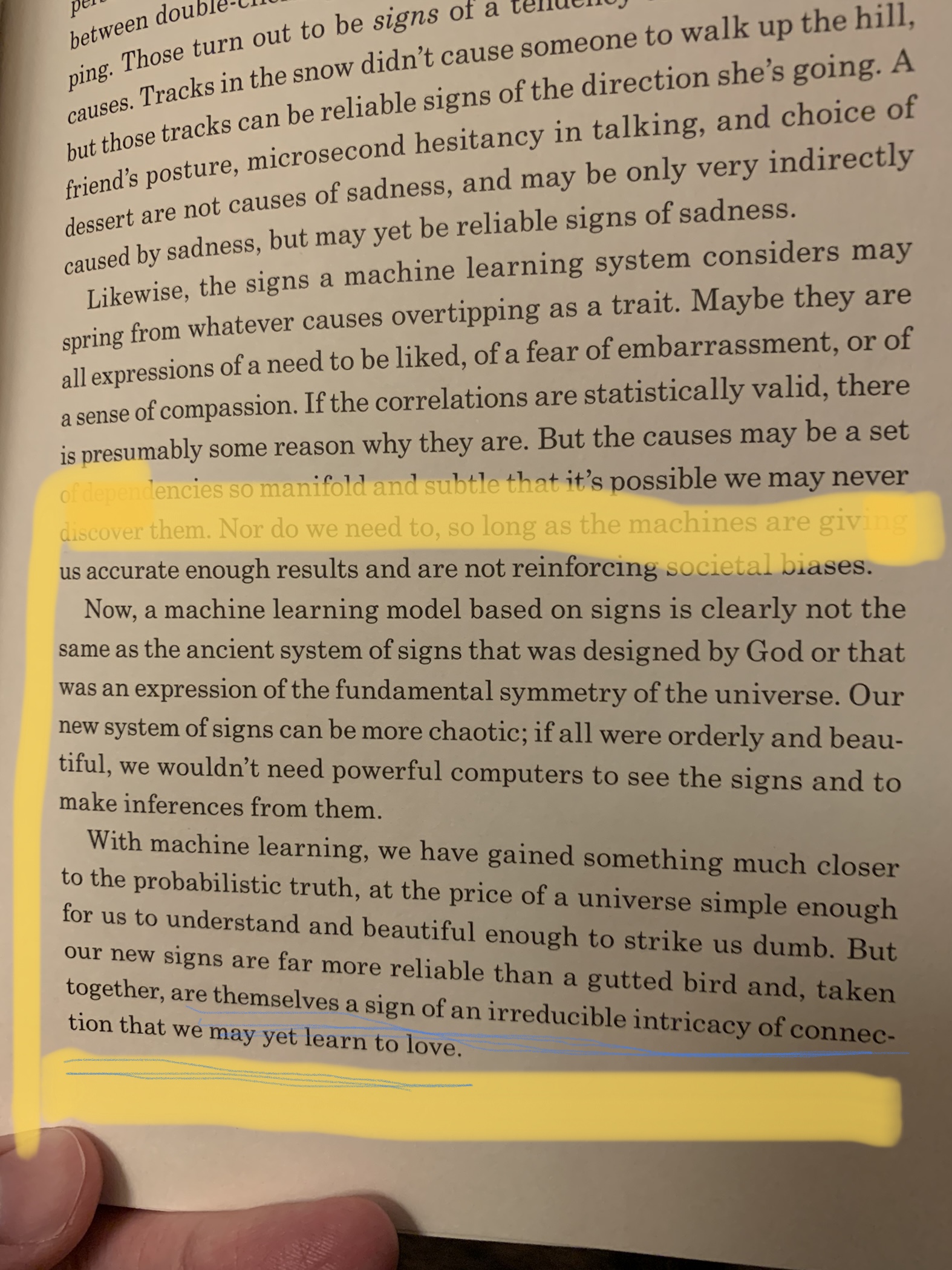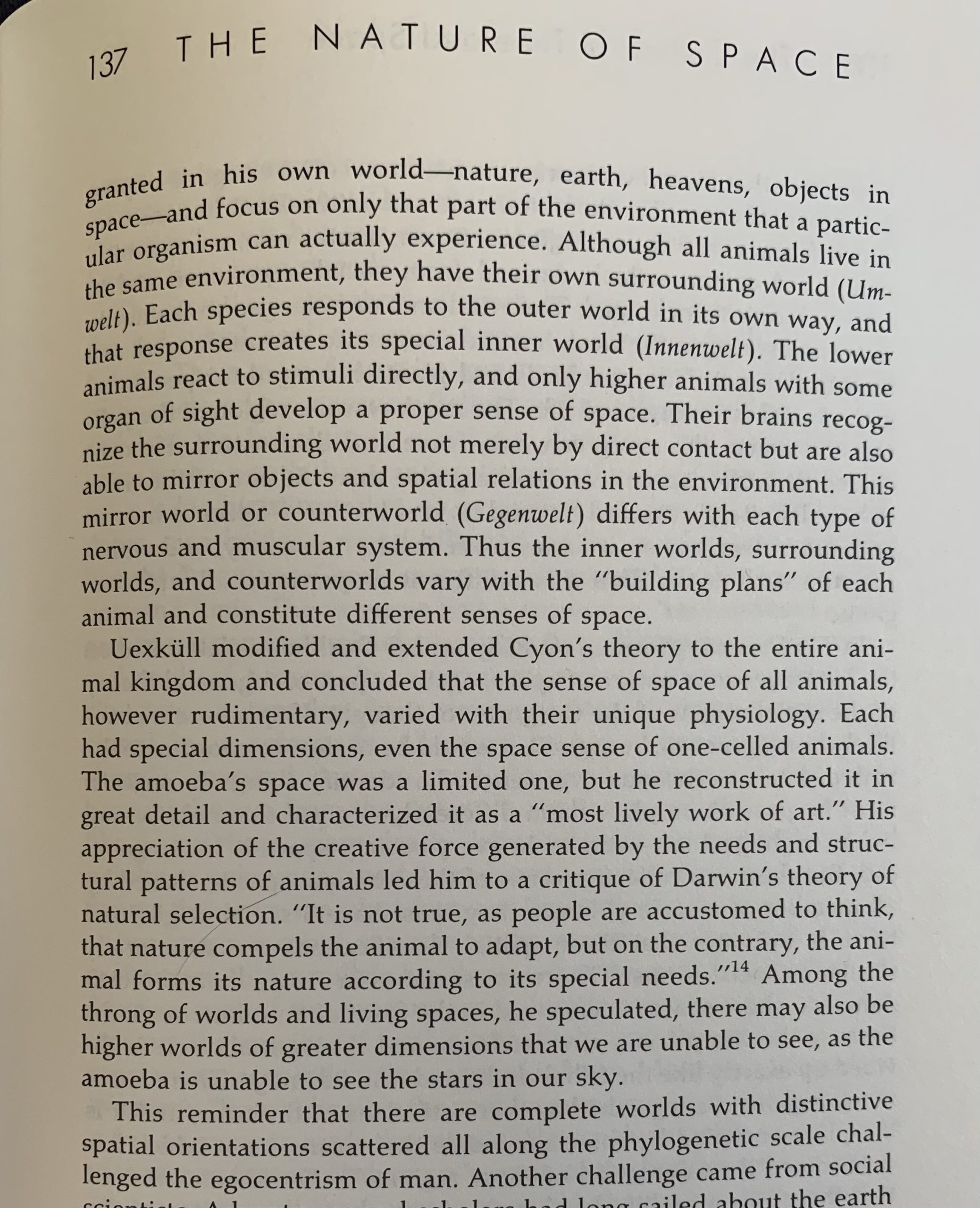(Can a person read too many books? If one measures by how well one can recall them, perhaps I’m in the “too many” camp.) Here are some books I read, but I only vaguely recall. And I only read them last year!
Something Is Killing the Children by James Tynion IV: A monster-slaying comic about a (pretty evil) secret society of monster-slaying folks. I thought the art was pretty great, even if the story felt a little … rote? Oh yeah, the gimmick is that only kids can see the monsters. I could be more generous with this one. I probably would have enjoyed this a lot more in my 20s, when I had a larger appetite for stuff that’s “dark” and “edgy”.
The Tokyo Zodiac Murders by Soji Shimada: I read this one because Shimada is considered the “father” of the Shin-Honkaku (New Orthodox) genre of mystery novels in Japan. I’m fascinated by books that inspire entire new genres of writing. The deal with Shimada is that he loved mystery stories, like Hercule Poirot and Sherlock Holmes, but got frustrated that you couldn’t solve the mysteries from the clues provided in the fiction itself. Shin-Honaku stories give you everything you need to solve the mystery in the story itself. A kind of super extended puzzle. There’s even a point in this book where the author jumps in and says, basically: You know everything you need to know to solve this mystery. Don’t go any further if you want to solve it on your own! The characters are pretty flat, but they’re not really the point of the story. I thought this book was intriguing and pretty unlike other mysteries I’ve read.
The Drowned World by JG Ballard: A post-apocalyptic world flooded by global warming. It felt very much like a book written in the 60s. At the sentence level, pretty fantastic. The plot was pretty forgettable. There’s a way in which this captured the emotional weight of living in a completely unforgiving environment that was quite powerful. Also, the thought of a flooded, jungle England is pretty horrifying in itself. This probably isn’t his best book. I found it in my free little library, I think.
What the World Will Look Like When All the Water Leaves Us by Laura van den Berg: I’m sorry to say I absolutely no recollection of this book. [quick detour on the internet] Oh! It’s a book of short stories. That’s probably why I didn’t remember much from it. OK, yeah, I remember there was this one short story about a woman who has a job dressing up as Bigfoot that was quite good and definitely worth reading.
Mismatch: How Inclusion Shapes Design by Kat Holmes: A short book that makes these two (among others) super valid points:
1. We’re all of us going to experience being disabled at some point in our lives, either permanently or temporarily, so we should be more mindful about the affordances we provide.
2. When designing something physical or digital, considering the needs of more than just men, for example, will lead to better designs.
I think I would’ve gotten more out of this if I were a designer, but there were a lot of great and specific examples in here.
The Untethered Soul: The Journey Beyond Yourself by Michael A. Singer: A friend of mine really wanted me to read this, so I did. :) As New Age, self-help books go, this is pretty good. Specific, not too much in the way of incomprehensible nonsense, and ultimately pretty pragmatic. Definitely useful for someone who finds themselves bedeviled by their brain’s internal monologuing.
Invisible Women: Data Bias in a World Designed for Men by Caroline Criado Perez: Impossible to argue with this book’s fundamental premise. The world is designed by and for men, which leaves more than 50% of the human population out in the cold. A super important book that more people should read.





